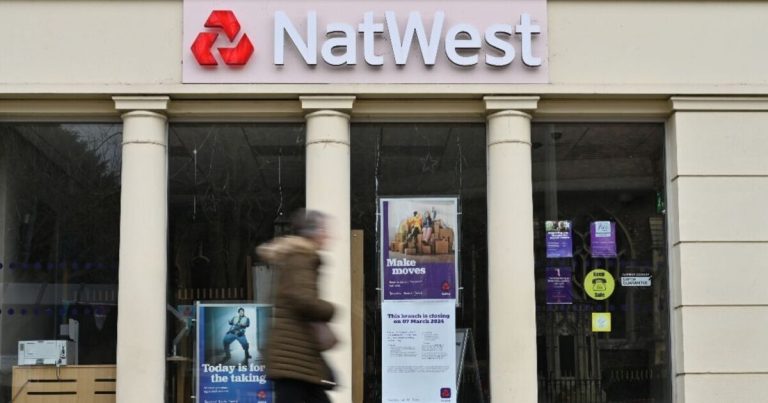Ads posted on Facebook early in the new year that offered deeply discounted San Diego Zoo tickets to online shoppers were scams — and are being investigated by zoo officials.
At least two ads were posted on Facebook in early January — the first advertised four admission tickets for $2.85. A second ad spotted on the social media site offered four tickets for $2.99.
A Facebook user said he saw 151 people had left comments on one of the pages, including some who said they had ordered tickets.
Legitimate one-day San Diego Zoo or San Diego Zoo Safari Park passes — which can be used any day — sell for $72 for adults and $62 for children if purchased online. Tickets at the gate are $74 for adults and $64 for children.
One-day passes that can be used only on select days sell for $68 for adults and $58 for younger guests.
Ads spotted on Facebook on Jan. 5 and Jan. 7 featured a colorful lion similar to the one on the zoo’s entrance sign and advertised an “anniversary deal” — four entry tickets for less than $3. Both ads said they were “celebrating 100 years of San Diego Zoo!”
The zoo actually was started in 1916, meaning it will mark its 108th anniversary this year.
“We are investigating the fraudulent selling of tickets on the social media platform. Our Fraud and Social Media teams are monitoring the situation and working with the necessary agencies,” a spokesperson with San Diego Zoo Wildlife Alliance, which operates the zoo and Safari Park, said in a statement.
The links on the ads no longer are active.
It is unclear if the zoo received any calls or complaints from people who fell for the scam or if people came to the entry gates holding fraudulent tickets.
Getting word out about online scams and fraud is an important first line of defense against such crimes, said Ryan Karkenny, a prosecutor who works on the District Attorney’s Office’s Computer and Technology Crimes High-Tech Response Team.
Karkenny said his motto when it comes to digital safety and cybersecurity is “don’t trust, verify.” He also encourages consumers to remember that if a deal is too good to be true, it probably is.
Karkenny reviewed a screenshot of one of the fake zoo ticket ads. He said users should look closely at ads to see if they can find typos or other issues with the copy.
“In this instance there isn’t much to go on here, but we do see a very large typo. Where it says 4 TICKETS $2,99 — right away we can see that the fraudster used a comma rather than a decimal point in the price ($2.99) — this is a classic tell,” he said.
Ads that push consumers to act quickly — one of the fake Facebook ads included the words “limited availability, grab yours” — also could indicate it is a scam, he said.
“By creating a sense of urgency the fraudster puts the would-be victim in a position of panic, so that they don’t think clearly and look at all the potential issues,” he said.
He warned that users may enter their credit card information and even receive products they order but later find themselves victims of fraud.
Karkenny recommended users hover their mouse or long press on cellphone keyboards over email addresses or links to look for a preview of where it is sends users — in this case, a user would expect to be sent to the zoo website.
He also urged consumers to pay attention to the URL they click to see if they’ve been sent to an unsecured website — one that has a prefix of http instead of https.
Data sent on unsecure websites can be more easily intercepted, he said. “Think of the ‘s’ (as) meaning secure,” he said.






